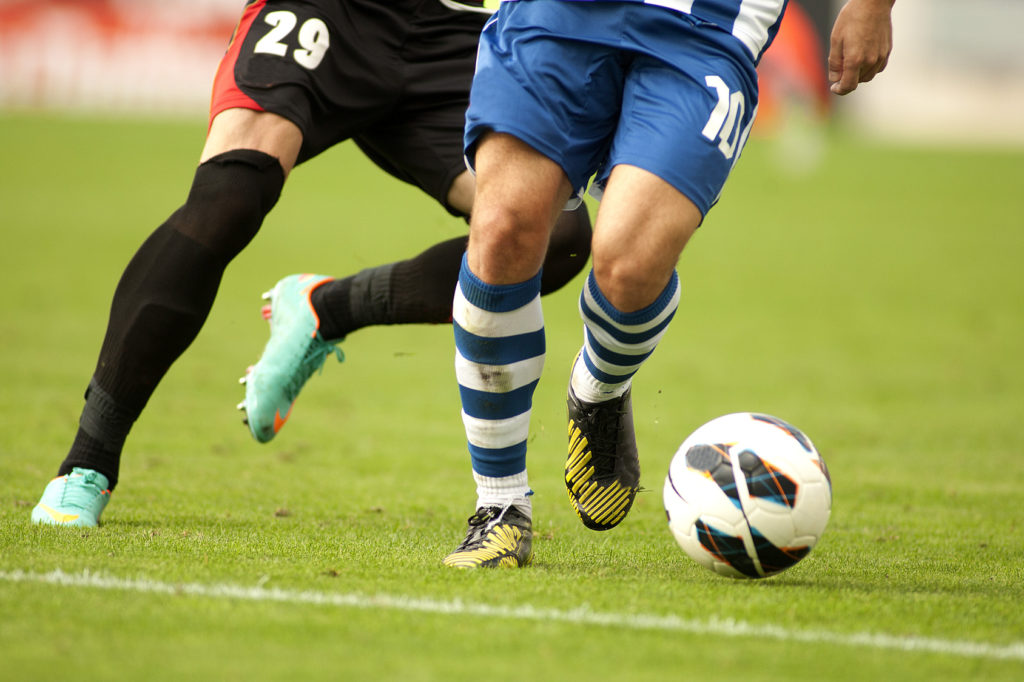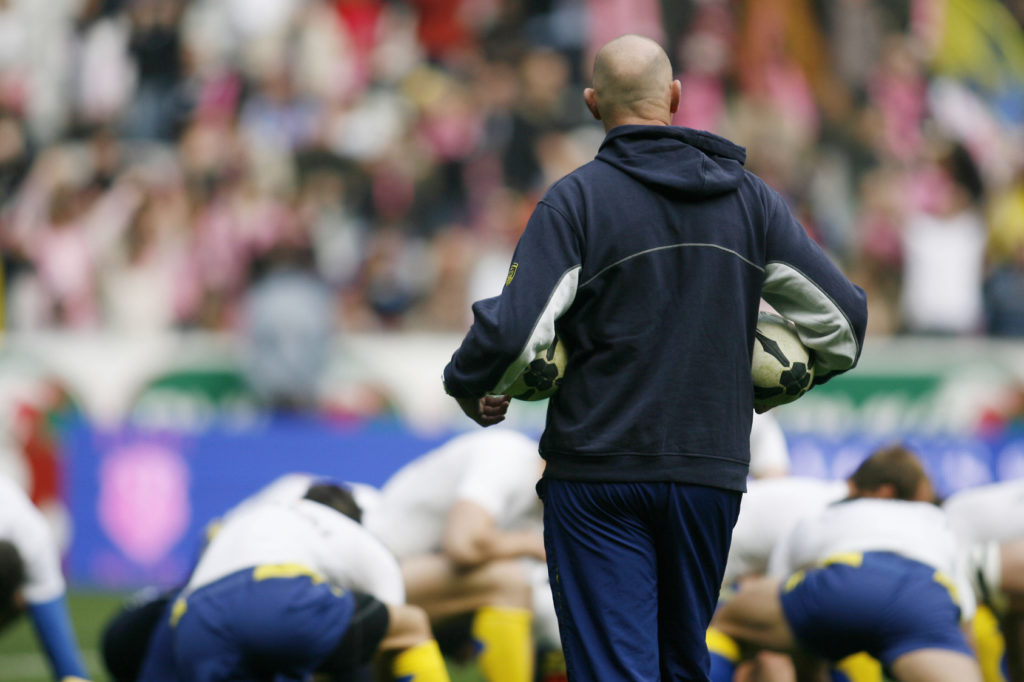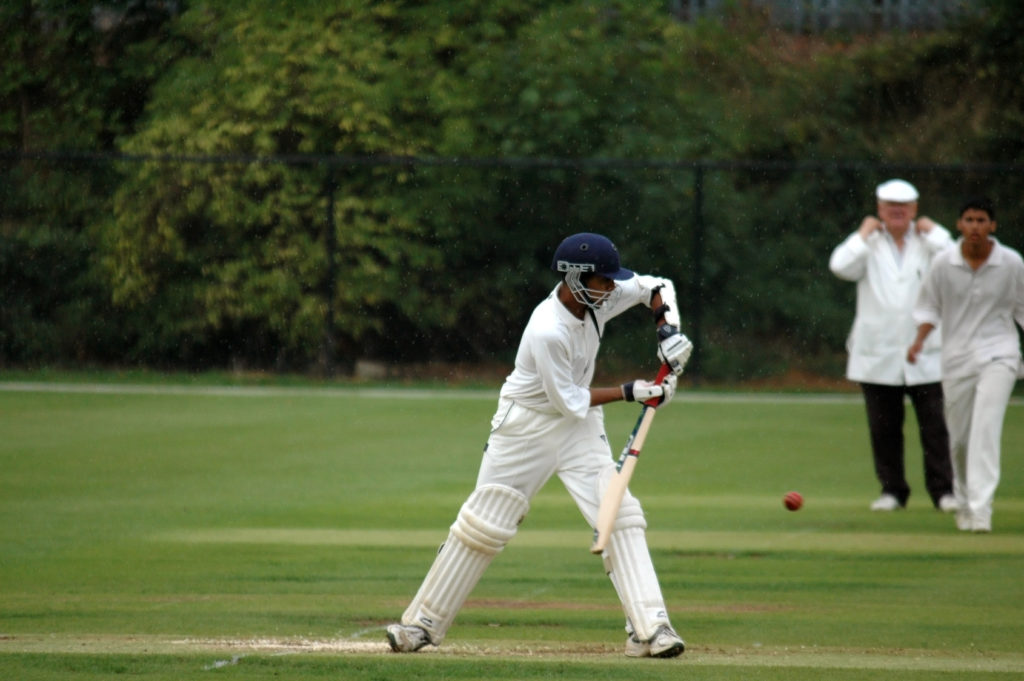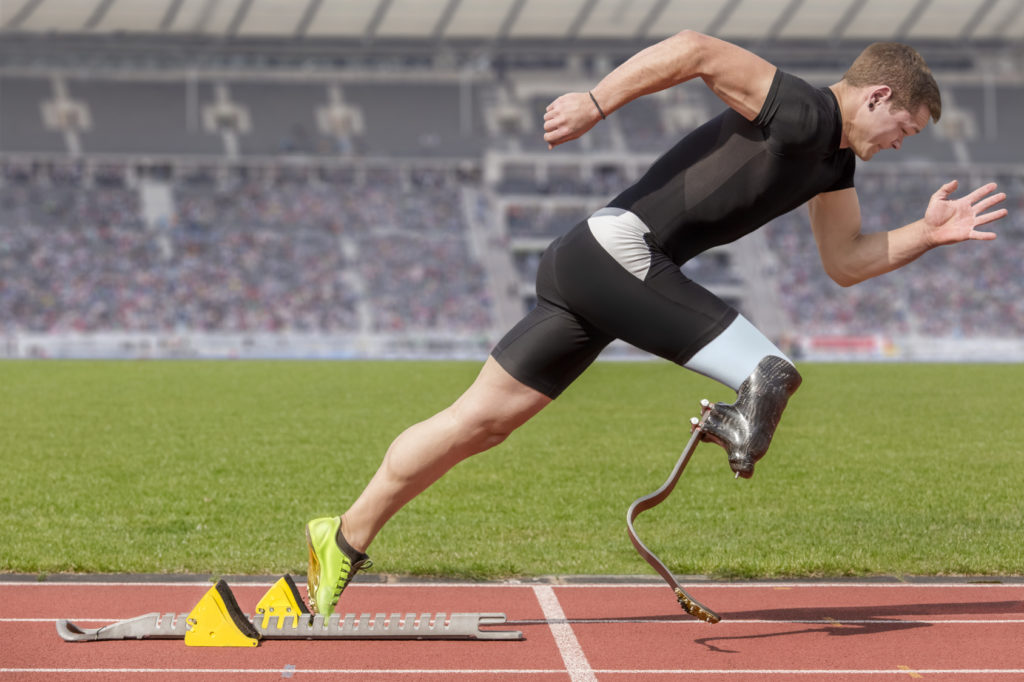
The newspaper and online headlines read that it was a coup, a new addition within the FA, some claiming he was a psychiatrist, others a sports psychologist. Regardless, the question remains, are we really that far behind in our national game? Having studied Sport Science and Sport Psychology for a number of years now, I […]

Motivational theories assumes an individual as an intentional, goal-directed organism who operates in rational manners (Roberts, Treasure & Conroy, 2007). An individual participating in sports are consequently driven by motives related to winning (ego-orientation) and mastering of skills (task-orientation) (Roberts et al., 2007). These predisposed goal orientations affects an individuals`state of motivational-involvement in sport-context. An […]

Understanding the psychological components that help with optimal athletic performance is a key priority for applied sport psychology. One factor that has been examined since the 1980s is flow which defined by Cziksentmihalyi as “a state in which people are so involved in an activity that nothing else seems to matter; the experience is so […]

Observation as an alternative to imagery – II In my last article (click to view) I suggested that observation could be used as an alternative to imagery. What I mean by the term observation is simply to video record the athlete in the situations that you would be asking them to imagine. Other authors on […]

A controversial issue within the psychology field is perfectionism. Perfectionism is described as a broad multidimensional personality trait characterised by the pursuit of extremely high standards; striving for flawlessness, and over critical performance evaluation (Frost et al. 1990; Flett & Hewitt, 2005). Some may debate that being a perfectionist athlete is admirable because of the desire […]

Sport psychology means different things to different people, as I found out when the question was put to a group of football coaches in a sports performance workshop recently. To some, it meant being observed, and to others it meant lying back on a sofa and being analysed. Such views are reflected in a general […]

To control a successful catching action it is essential cricketers obtain relevant information about the environment. The catcher must predict the direction in which the ball will travel in order to adapt general gross motor movements and ultimately adjust the fine alterations as the ball approaches grasping distance (Savelsberg, Whiting, Pijpers & van Saantvoord, 1993). […]

This article presents the first in a series of articles I shall write with regards to personality in the context of sport and exercise. The current discussion centres on whether certain personality types encourage greater participation in sport. In other words, is there a personality type that makes you more likely to be physically active? […]

The 2014 Sochi Winter Paralympics were the most successful in history for team GB and the athletes weren’t shy in acknowledging the role that mental preparation played in their success. Jade Etherington and guide Caroline Powell became the most successful British women in Winter Paralympics history after winning four medals. Etherington mentioned self-belief as an […]

‘Environmental demands’ can cause stress to fighters in the run up to a bout that can go beyond what is needed to keep them motivated. A certain amount of positive stress (eustress) is needed to drive a performer towards achieving their goals. However, too much can have a negative effect and cause anxiety and worry […]

